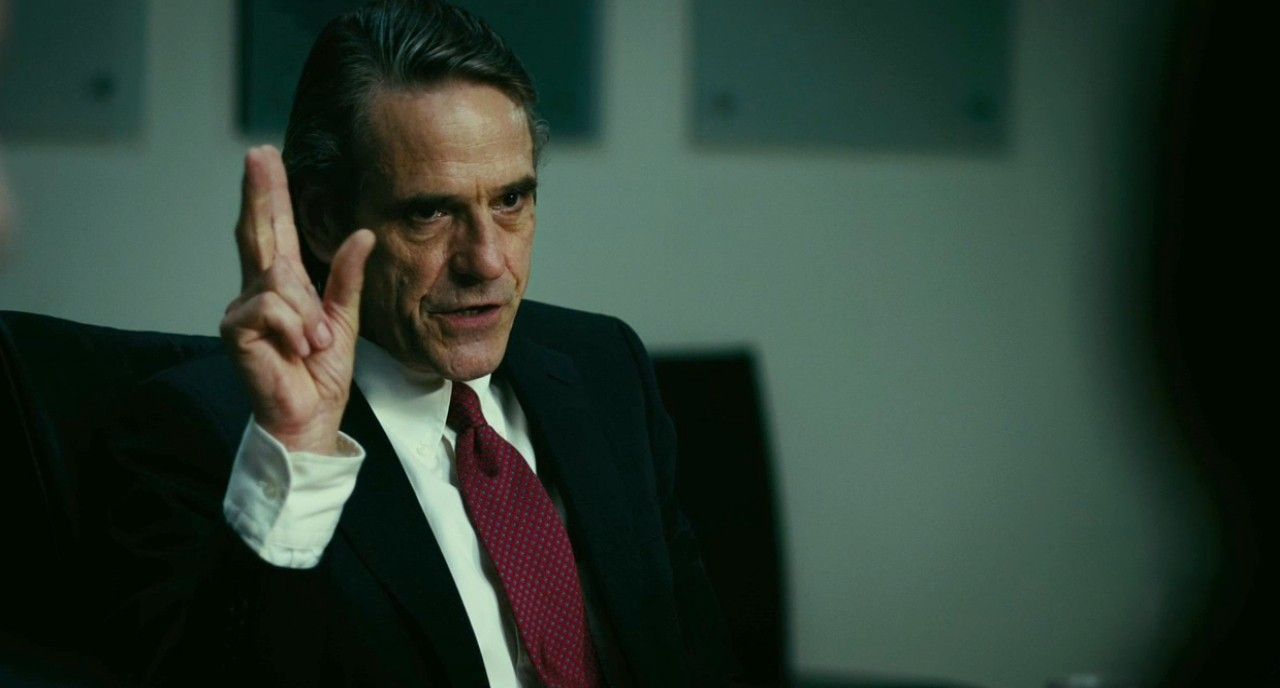What Margin Call teaches us about leadership
There's a point in every founder's career where they choose to remain an entrepreneur, or become a CEO.

There's a point in every founder's career where they need to take the difficult path toward becoming a CEO, or remaining an entrepreneur. A point where being too "in the weeds" becomes an impediment to their business' growth.
Ryan Denehy, CEO at Electric, eloquently sums it up like so:
At some point I think the only three things a startup CEO needs to be excellent at are:
— Ryan Denehy (@DenehyXXL) February 26, 2020
👩🏫 Recruiting - hiring / retaining / motivating the best people
📖 Storytelling - articulating the vision and plan internally / externally
👀 Awareness - how are things *actually* going?
This idea of what a CEO "needs to be excellent at" is beautifully captured in the movie Margin Call, in a scene involving Jeremy Irons' character John Tuld. It starts with Tuld addressing a risk analyst, in front of the senior partners:
Let me tell you something Mr Sullivan. Do you care to know why I'm in this chair with you all? I mean why I earn the big bucks?
I'm here for one reason and one reason alone. I'm here to guess what the music might do a week, a month, a year from now. That's it. Nothing more. And standing here tonight I'm afraid that I don't ... hear ... a ... thing. Just ... silence ...
So. Now that we know the music has stopped, what are we going to do about it?
It's a great scene in a fantastic movie, which I highly recommend.
Great leaders—even managers—don't spend their day in the weeds. They focus on the big picture things that move the dial for their business and their people. Analyzing market trends, articulating corporate vision, and defining company culture might not sound like fun, but it's the work that needs to be done.
As Ray Dalio writes in Principles:
Successful people are those who can go above themselves to see things objectively and manage those things to shape change.
